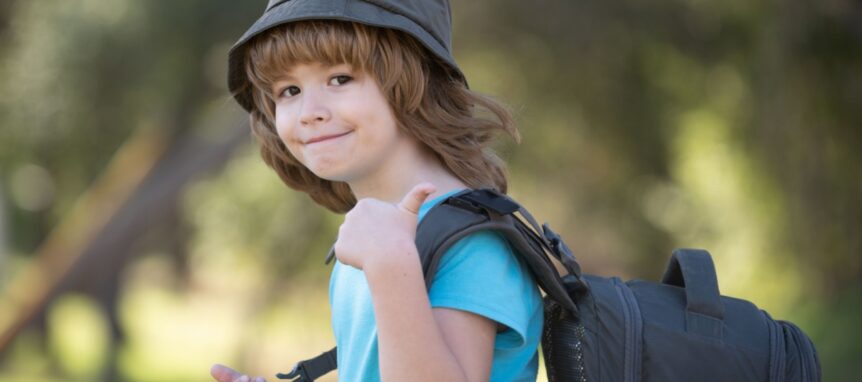The start of a new school year often brings a whirlwind of change—fresh routines, unfamiliar environments, and heightened expectations. For children, especially those in transitional years, these changes can be both exciting and overwhelming. While academics are a key focus, a child’s ability to adapt to new routines plays a critical role in how successfully they transition into the school year.
This is where camp comes in. Far from just a fun summer getaway, camp experiences equip kids with real-world skills that help them handle transitions, manage responsibilities, and confidently embrace new challenges. By stepping out of their comfort zones in a supportive outdoor setting, campers build the adaptability and resilience they’ll need in the classroom and beyond.
Embracing Change Through New Experiences
Every day at camp introduces something new—whether it’s trying an unfamiliar activity like canoeing, participating in a themed nature scavenger hunt, or meeting new friends from different schools. This steady stream of novelty helps children become more comfortable with change.
At camp, kids quickly learn that flexibility is not only necessary—it’s celebrated. Plans may shift due to weather, activities may take unexpected turns, and learning how to adapt becomes a natural part of the experience. By navigating these changes in a fun, supportive environment, children develop a flexible mindset that they carry with them into daily life.
Developing Self-Confidence and Independence
Camp settings encourage kids to take initiative, make decisions, and solve problems independently. Whether choosing between crafts or archery, packing their own bag for the day, or figuring out how to work together in a group challenge, campers become more self-reliant over time.
These moments of independence, small as they may seem, give kids a sense of ownership over their actions. This can lead to greater confidence when they return to school, where they’ll need to navigate everything from organizing school supplies to managing homework and social interactions without constant adult guidance.
Mastering Daily Routines and Responsibilities
From waking up on time to following a daily schedule, camp introduces kids to structured yet varied routines that resemble what they’ll encounter during the school year. At camp, these routines are blended with adventure and exploration, making structure feel exciting rather than restrictive.
Campers also learn to take responsibility for their belongings, follow safety guidelines, and clean up after activities. These habits support the development of executive functioning skills, such as planning, attention, and self-regulation—all of which are critical to academic and social success.
Strengthening Social and Emotional Skills
Adapting to new routines isn’t just about organization—it’s also about adjusting socially. At camp, kids form bonds with peers and counselors, navigate group dynamics, and practice empathy, communication, and collaboration.
When a camper joins a new team for a challenge or participates in a group game, they learn how to build rapport quickly and work together toward a shared goal. These experiences mirror what they’ll encounter in the classroom—making friends, working on group projects, or resolving playground conflicts. By practicing these interactions in a relaxed, playful environment, campers become more socially agile and emotionally aware.
Building Resilience in the Face of Challenges
Challenges are an expected part of camp life—whether it’s learning a new skill, facing a fear, or managing homesickness. Camp encourages kids to try again after a failure, lean on others for support, and celebrate progress, not just perfection.
This mindset directly impacts how children respond to academic or social challenges at school. Instead of becoming discouraged by a low grade or a difficult subject, they’re more likely to persevere, ask for help, and view setbacks as opportunities to grow.
Carrying Camp Lessons into Everyday Life
The benefits of camp don’t end when the session is over. Children who attend programs like Camp Live Oak bring home a toolkit of emotional and practical skills that support long-term success. They’re more open to trying new things, more confident in their ability to adjust to change, and better equipped to handle life’s daily challenges.
Camp Live Oak’s carefully designed programs encourage this kind of growth every step of the way—blending outdoor fun with structured routines, personal responsibility, and hands-on learning. Whether it’s a child’s first time away from home or their fifth year as a camper, the experiences gained at camp can help them thrive all year long.
Want to help your child transition smoothly into new routines and responsibilities? Connect with Camp Live Oak to learn more about their enriching programs designed to support healthy development in and out of the classroom.

